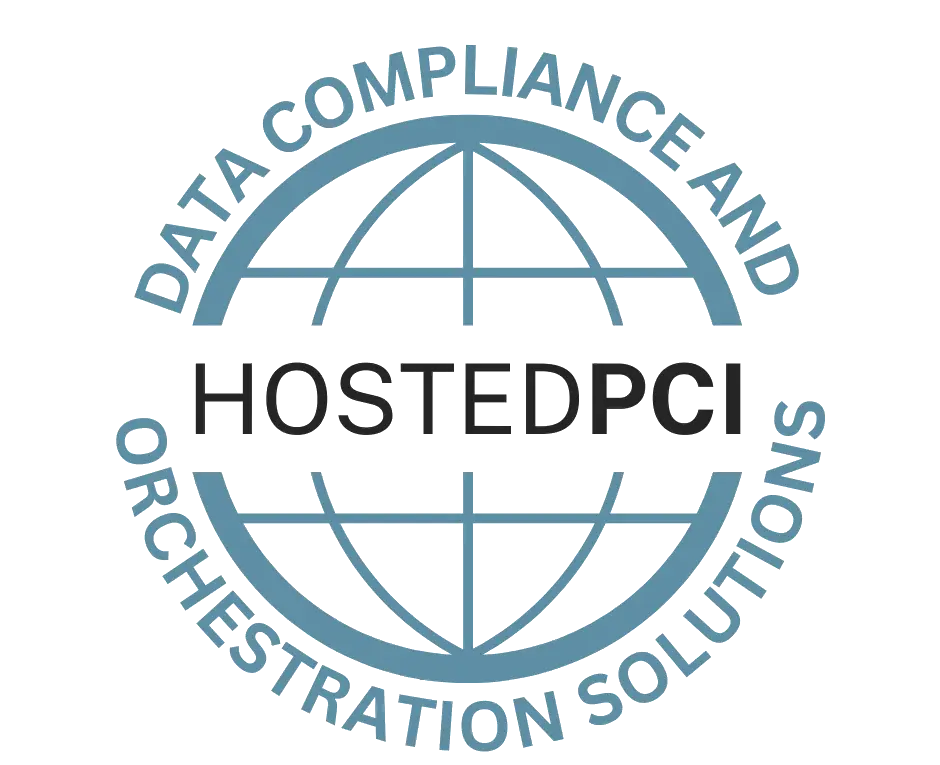The Crucial Role of Data Residency.

In the contemporary, data-driven global landscape, the concept of data residency has emerged as a crucial element that demands attention. Data residency pertains to the specific physical or geographical location in which data is stored, processed, and managed. While this might appear as a technical aspect of the digital world, its relevance is vital for individuals, corporations, and governmental bodies. This blog post delves into the significance of data residency in the modern digital era, emphasizing its growing importance.
Data residency holds vital importance when it comes to ensuring data privacy and security. Different nations have disparate laws and regulations dedicated to safeguarding personal and sensitive data. By guaranteeing that data remains within a particular jurisdiction, entities can comply with local legal requirements and protective measures, safeguarding individuals’ privacy and mitigating the risks associated with data breaches and unauthorized access. A prime example of this is the European Union’s General Data Protection Regulation (GDPR), which mandates that data of European citizens be stored and processed within the EU or in territories that assure an adequate level of data protection. Non-compliance can lead to hefty fines, making data residency a pivotal aspect of adhering to GDPR.
Moreover, data residency is intricately linked to meeting various national and international legal and regulatory standards. Industries and regions come with a set of rules concerning data storage and processing. Ignoring these regulations can result in legal repercussions and damage to reputation. Taking the healthcare sector in the United States as an instance, it is governed by the Health Insurance Portability and Accountability Act (HIPAA), demanding stringent data protection measures. Storing healthcare data within the United States ensures HIPAA compliance, steering clear of potential legal troubles.
The concept of data sovereignty, which dictates that data falls under the jurisdiction and governance of the country it is stored in, is closely tied to data residency. Governments and organizations are increasingly prioritizing data sovereignty to maintain control over citizen data and safeguard national interests. This is particularly crucial in a time marked by growing concerns over foreign surveillance and data misuse. Numerous countries have introduced laws mandating the local storage of certain types of data. Russia’s Russian Data Localization Law is a case in point, requiring the personal data of Russian citizens to be stored and processed on servers situated within the nation. Adhering to such laws is vital to evade legal challenges.
Data residency is also a significant factor in disaster recovery and business continuity strategies. Storing data across varied geographic locations ensures its accessibility even during natural disasters, cyberattacks, or technical failures, providing a safety net for critical data.
Performance optimization is yet another aspect influenced by data residency. Storing data proximate to its users facilitates quicker access, diminishing latency, and enhancing user experience. This is crucial for services requiring real-time data processing, such as video streaming and online gaming.
In conclusion, in a time where data stands as a vital asset and privacy concerns are ever-present, the role of data residency becomes increasingly crucial for individuals, corporations, and governments. It influences various aspects, including data privacy, security, compliance, and the performance of digital services. As the digital domain continually evolves, grasping and managing data residency transforms from a choice to an indispensable necessity. It is no longer a mere technicality but a strategic imperative in a connected world where data transcends boundaries.
Ready to take control of your data residency and ensure compliance with international regulations? Sign up for a free demo of HostedPCI’s services today and discover how our secure data residency options in regions like Canada, the USA, the EU, and Australia can empower your business. Don’t miss out on this opportunity to protect your data, enhance performance, and maintain regulatory compliance. Join us now and experience the difference!

